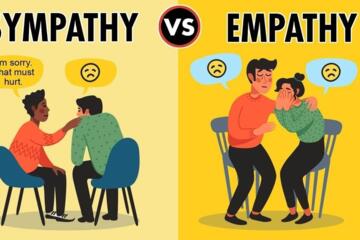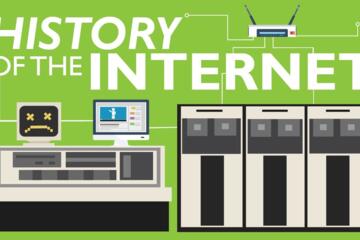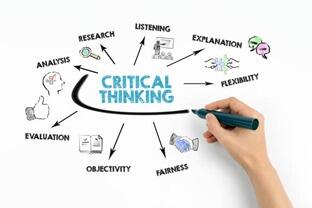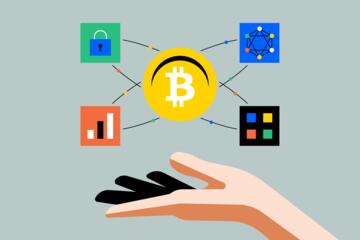What is Artificial Intelligence?
Artificial Intelligence refers to the simulation of human intelligence in machines that are programmed to think and learn like humans. These intelligent systems are designed to perform tasks that typically require human intelligence, such as visual perception, speech recognition, decision-making, and language translation.
Key Concepts in AI
-
Machine Learning (ML): A subset of AI, machine learning involves training algorithms to make decisions and predictions based on data. Instead of being explicitly programmed to perform a task, these algorithms use statistical techniques to learn patterns and insights from data.
-
Deep Learning: This is a more advanced subset of machine learning that uses neural networks with many layers (hence "deep") to analyze various factors of data. Deep learning is behind some of the most advanced AI applications, such as self-driving cars and advanced image recognition systems.
-
Natural Language Processing (NLP): NLP enables machines to understand, interpret, and generate human language. It's what allows virtual assistants like Siri and Alexa to understand and respond to voice commands.
-
Generative AI: This type of AI can generate new content, such as text, images, and music. It's used in applications like ChatGPT, which can create human-like text based on the input it receives.
How AI Learns and Improves
AI systems learn and improve over time through a process similar to how humans learn. Here’s a simplified breakdown:
-
Data Collection: AI systems require large amounts of data to learn from. This data can be anything from text and images to sensor data and more.
-
Training: During the training phase, AI algorithms analyze the data to identify patterns and relationships. For example, an AI designed to recognize images might be trained on thousands of labeled images.
-
Inference: Once trained, the AI model can make predictions or decisions based on new data. For instance, it can identify objects in new images it has never seen before.
-
Feedback Loop: Many AI systems continuously improve by incorporating feedback. If an AI makes a mistake, this information can be used to further train and refine the model.
Applications of AI
AI is already integrated into many aspects of our daily lives, often in ways we might not even realize:
-
Personal Assistants: Virtual assistants like Siri, Alexa, and Google Assistant use AI to understand and respond to voice commands, helping us with tasks like setting reminders, playing music, and providing weather updates
-
Recommendation Systems: Platforms like Netflix, Spotify, and Amazon use AI to analyze your preferences and behavior to recommend movies, songs, and products you might like
-
Navigation and Travel: AI powers navigation apps like Google Maps, providing real-time traffic updates and suggesting the fastest routes to your destination
-
Healthcare: AI is used in healthcare for tasks ranging from diagnosing diseases to personalizing treatment plans. It can analyze medical images, predict patient outcomes, and even assist in surgical procedures
-
Autonomous Vehicles: Self-driving cars use AI to perceive their environment, make decisions, and navigate roads safely
The Future of AI
The potential applications of AI are vast and continue to grow as technology advances. Future developments may include more sophisticated personal assistants, advanced healthcare diagnostics, and even more seamless integration of AI into everyday devices and services. As AI technology evolves, it will likely play an even larger role in shaping how we live and work.
Conclusion
Understanding the basics of artificial intelligence is crucial in today's technology-driven world. AI is not just a futuristic concept but a present reality that enhances various aspects of our lives. By grasping the fundamental concepts of AI, such as machine learning, deep learning, natural language processing, and generative AI, you can better appreciate how this technology is shaping our world. As AI continues to evolve, staying informed about its developments and applications will help you navigate and leverage its benefits in your personal and professional life.









